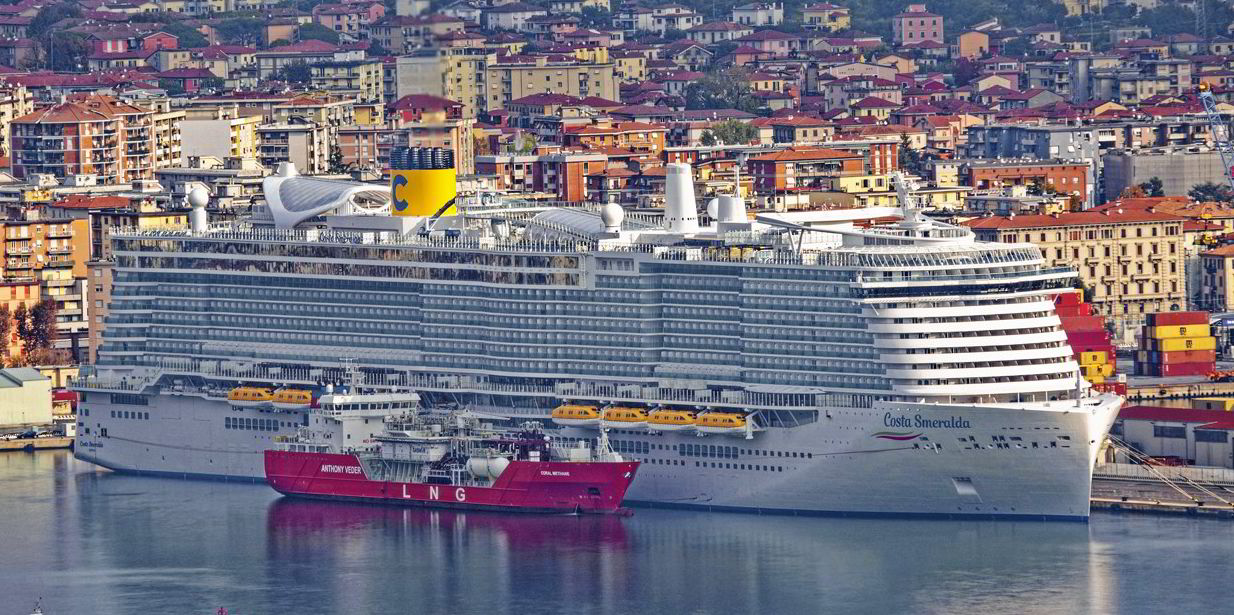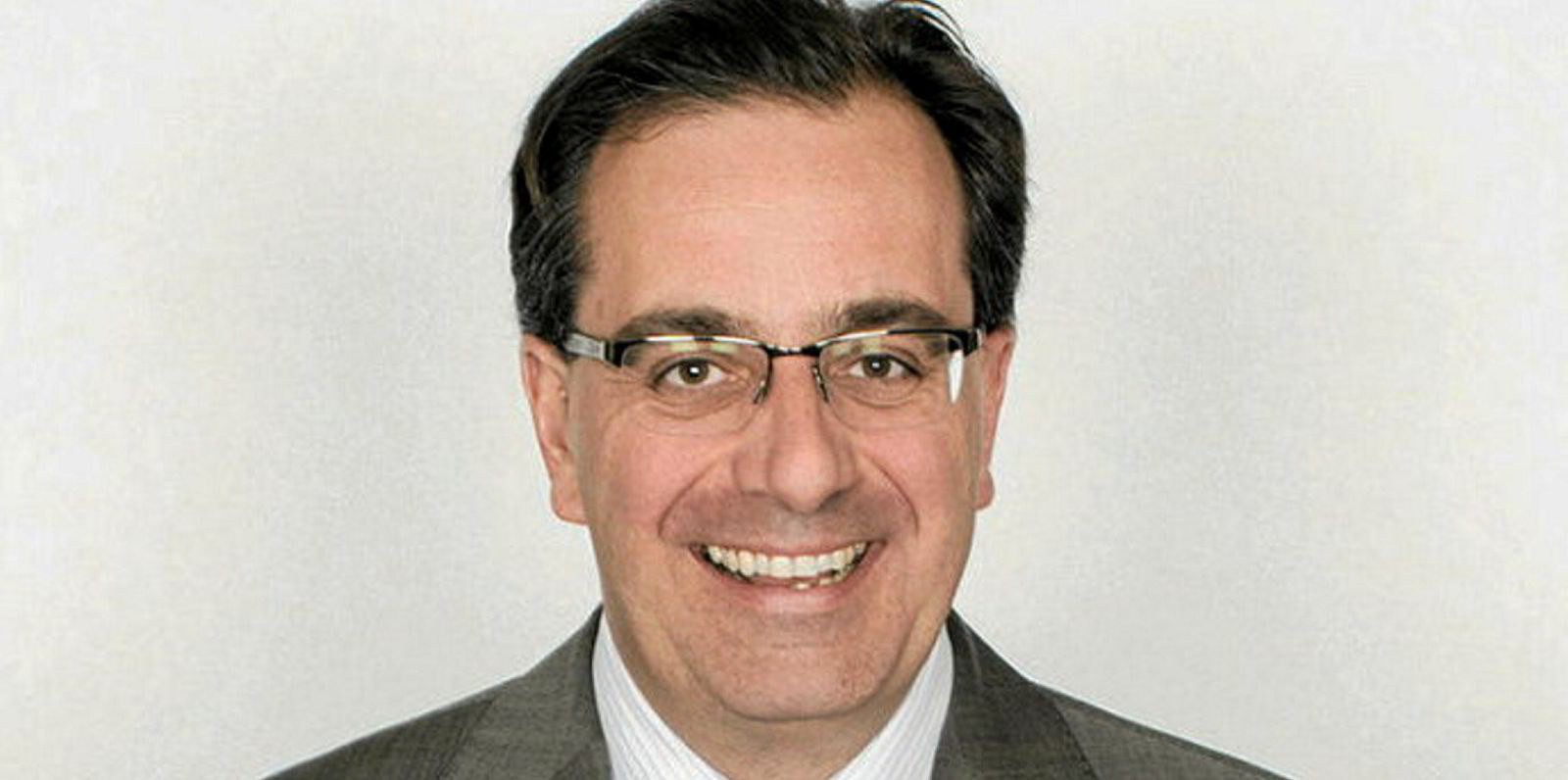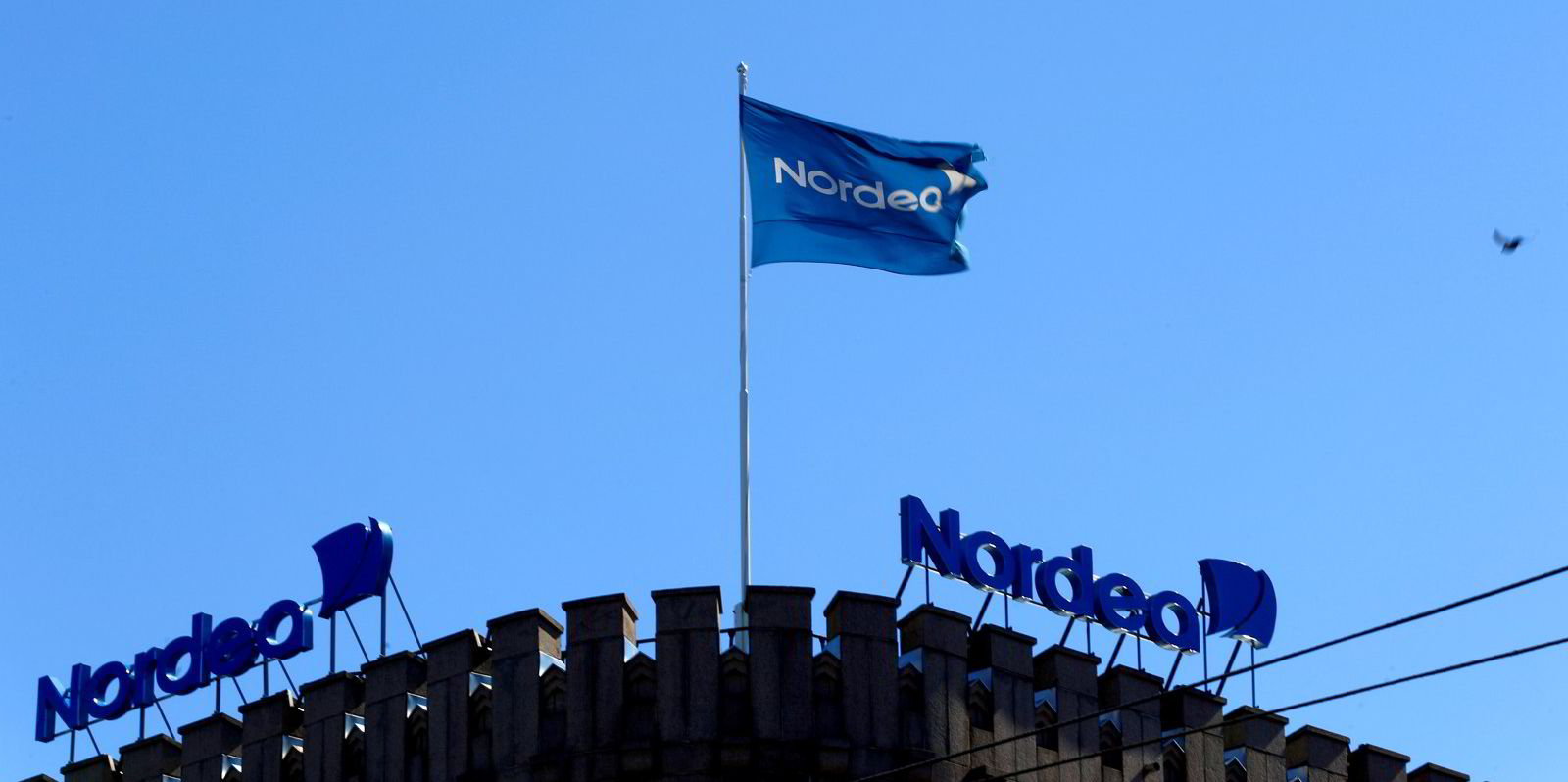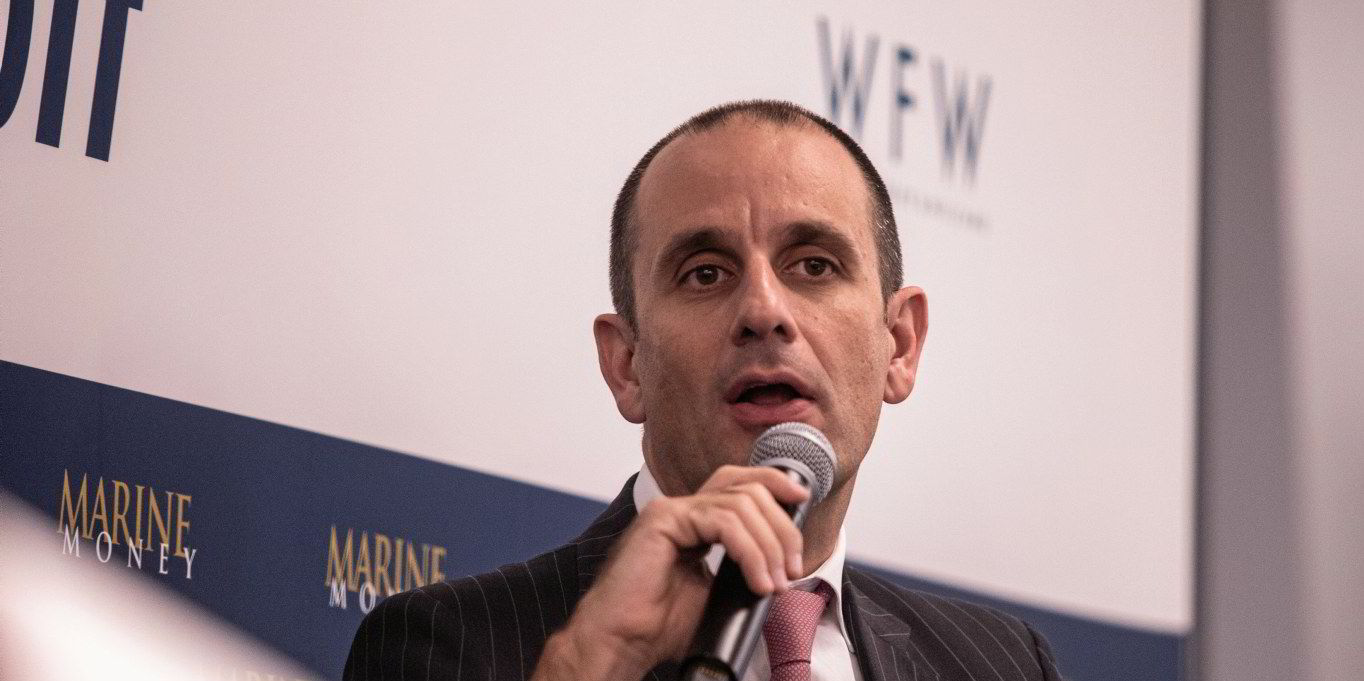Many US-based shipowners are reporting on their environmental, social and governance (ESG) initiatives — not because they have to, but because more and more investors are demanding it.
“There is an expectation from shareholders that the company is operating in a sustainable manner based on its top priorities, such as compliance and environmental protection, safety, health, etc,” Carnival Corp spokesman Roger Frizzell told TradeWinds.
The New York-listed cruiseship giant has published an annual ESG report for many years to gauge progress on goals around health, safety, environmental protection and diversity.
“We have and would continue to publish our annual sustainability report regardless of what other companies may or may not do in the industry,” Frizzell said.
Carnival’s 2019 sustainability account lays out a huge list of ESG initiatives and goals across 200 pages that are aimed at lowering carbon emissions, improving diversity and boosting compliance.
He said the company’s progress on ESG goals, which include reducing 2015 carbon emissions by 29% by 2020, is one of many factors that affect Carnival’s share price and investor decisions.
Carnival has implemented other measures over the past year to improve environmental practices, but many were forced by the hand of outside regulators.
In July 2019, it was ordered to pay a $20m fine for violating a five-year probation tied to environmental wrongdoing over several years.
In 2017, it was preparing ships before court-ordered audits to avoid unfavourable findings and falsifying records after serving two years’ probation as part of a $40m fine for trying to hide illegal oil dumping.
It also threw plastic garbage into the ocean, illegally dumped grey water in Alaska and tried to covertly lobby the US Coast Guard to change the terms of the settlement.
In April 2019, a federal judge who threatened to temporarily block Carnival from docking at US ports ordered it to implement numerous measures to protect the environment.
It must also report its progress on improving its ecological practices to the Department of Justice.
Since then, Carnival has appointed a chief compliance officer who oversees a team of seven focused on adhering to compliance and environmental laws.
Many other US-based, New York-listed shipowners have ESG reports, such as Eagle Bulk Shipping, boxship player Matson and cruise majors Royal Caribbean Group and Norwegian Cruise Line Holdings.
All European Union-based companies submit ESG reports, but that is because they must.
“The situation in the EU is that it has been a requirement for quite a few years,” said Lene Bjorn Serpa, head of corporate sustainability for AP Moller-Maersk.

“It’s an EU requirement which is implemented by international law and it’s a requirement that we as a stock-listed company report on our corporate social responsibility.”
Maersk is the world’s largest liner operator, with a fleet of 786 boxships. The Danish operator and other EU-based companies have in the past referred to these documents as corporate social responsibility or sustainability reporting.
“We put out a separate report that comes out on the same day as our annual report, what we call our sustainability report, which I believe we’ve been doing since 2008,” Serpa said.
Investors are also pressuring EU-based companies to report on ESG at their clients’ request as initiatives such as the European Green Deal bring sustainability to the forefront.
“Over the years, it has become more and more of a focus from the investor side, where they see sustainability, particularly climate, can drive financial value,” she said.
Since 2019, Maersk has included graphs and charts in its ESG reports with its investors in mind.
Switzerland-based Mediterranean Shipping Co (MSC) says it has published ESG reports every year since 2016 as a member of the United Nations Global Compact.
MSC put out a 63-page ESG report in 2018 listing goals such as improving staff diversity, lowering carbon output and implementing strict safety protocols.
It also laid out how it will ensure human rights for seafarers, help introduce young people to shipping and protect sea life.
Other EU-based, New York-listed owners with ESG reports on their websites include GasLog Partners and bulker owner Diana Shipping.







